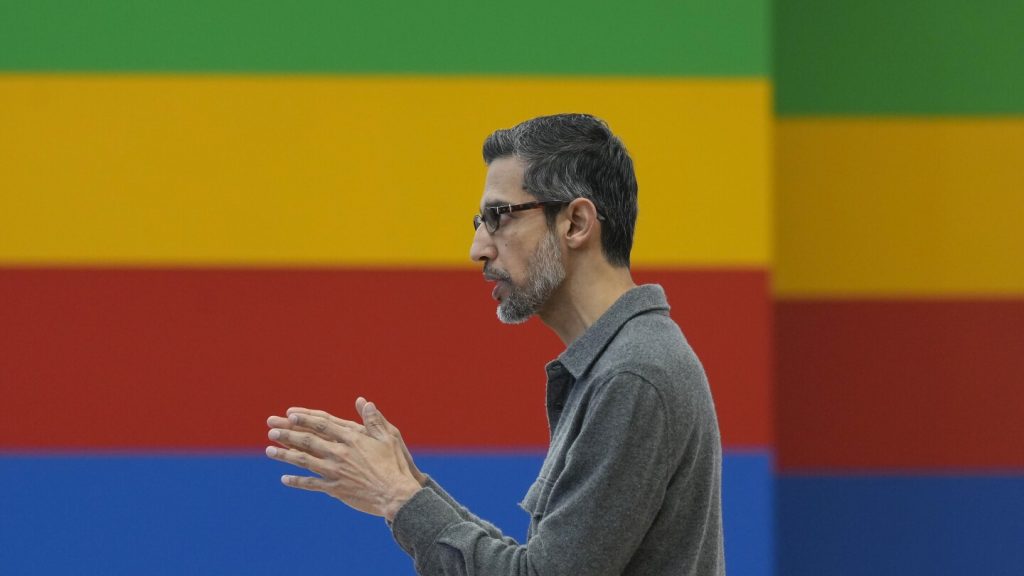Google has introduced a new search engine that will prioritize responses generated by artificial intelligence over website links, promising to speed up the process of finding information. This change will start to roll out in the U.S. this week and is expected to be part of search results for about 1 billion people by the end of the year. The AI overviews will appear at the top of search results when the technology determines it is the most efficient way to provide information, particularly for complex subjects or brainstorming. Simple searches like store recommendations or weather forecasts will still show traditional website links and ads.
At Google’s annual developers conference in Mountain View, California, the company showcased advancements in AI technology, including Gemini, a more sophisticated analysis tool, and smarter assistants like the early version “Astra” that can understand, explain, and remember information shown through a smartphone camera. Google’s commitment to AI was emphasized by the appearance of Demis Hassabis, the executive overseeing the technology, on stage for the first time. This shift towards more AI in Google’s search engine represents a significant change and could disrupt the way people surf the web, presenting both opportunities for growth and innovation, as well as risks for the internet ecosystem.
Google’s increased focus on AI could have consequences for its revenue from digital advertising, as AI overviews may reduce clicks on website links, affecting website publishers who rely on traffic for revenue. About 25% of traffic may be negatively impacted by the de-emphasis on website links, potentially resulting in billions of dollars in lost ad revenue for publishers. This shift has raised concerns about the power dynamics between Big Tech companies like Google and smaller website publishers, as AI begins to have a more significant impact on user behavior and information access. However, Google argues that AI overviews actually lead to more searches and do not completely replace the need for website links.
The use of AI technology in tools like chatbots has raised legal questions about copyright infringement, as companies like Google and OpenAI use AI to summarize information. The potential for lawsuits from websites feeling unfairly impacted by Google’s AI overviews exists, but it is seen as a necessary risk as technology advances. The impact of AI on search quality, traffic flow, and monetization is a significant development in the field of search engines. Despite the risks and challenges, Google and other companies are pushing forward with AI advancements in their services, leading to a new chapter in search technology. Protests outside the conference venue against Google’s involvement in providing AI technology to the Israeli government did not seem to dampen the enthusiasm of attendees at the event.


